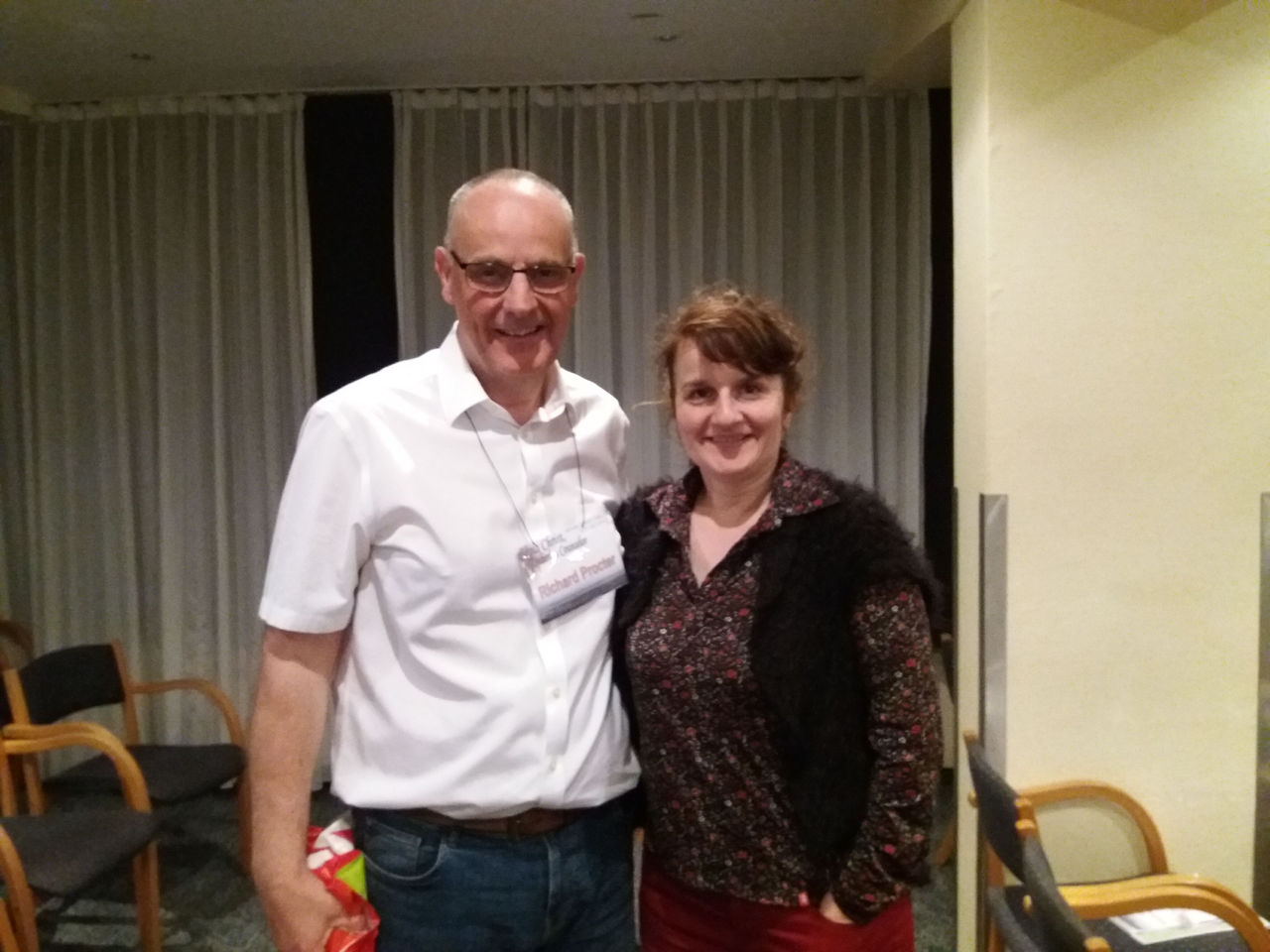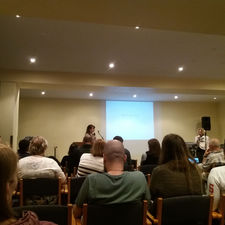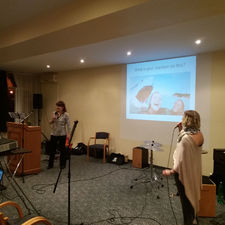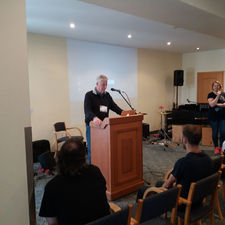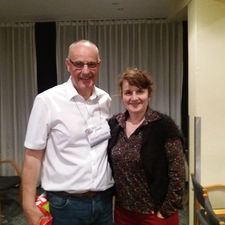In Southeastern Europe (SEE) and across the continent, the Europe Without Orphans team is seeing fruit from collaboration through their European gatherings, the 2019 Hope for Life Conference, and engagement with key leaders.
European World Without Orphans Vision Workshop
In January 2019 Europe Without Orphans held a Vision Workshop in Switzerland. Several leaders from Southeastern Europe (Croatia, Slovenia, and Serbia) attended. Wonderful outcomes of the workshop were infused strength, an expansion of vision and possibilities, and a desire to collaborate. Previously the SEE leaders felt some limitations from being from geographically smaller nations with a low population percentage of Christians; however, discussions at the workshop led the Serbian and Croatian leaders to see the possibility to work together across the region, to serve and encourage one another, and to achieve a level of critical mass.
The three SEE leaders who joined the Vision Workshop in January have already begun building awareness in their churches. A Fall 2019 roundtable is planned with WWO participating in the facilitation of the event. Another outcome of the January meeting was World Without Orphans Executive Member, Richard Procter’s invitation to speak about orphan care at the 2019 Hope for Life conference.
2019 Hope for Life Conference
The 2019 Hope for Life Conference was held in Crikvenica, Croatia April 29 - May 5, 2019. This year marks the seventh conference since the beginning of its inception as Hope for Croatia. With approximately 70 attendees, the conference attracts ministry and church leaders from across Southeastern Europe (SEE), also known as the Balkan states. Three leaders from upcoming World Without Orphans national movements in the region and Richard Procter attended. Procter cast the vision to engage leaders and to start national movements towards a vision of a home for every child in S.E. Europe. Conference sessions also provided opportunities to introduce Hope for Homes foundational strategy principles and the theology of adoption, fostering and caring for the orphan. Leaders were also give time to create a national needs assessment, vision, strategic plan, and commitment to action steps. Overall the concepts were warmly received and the participants agreed to remain connected.
Snapshot of Current Situation
* Based on knowledge from conference participants, in round figures:
| Numbers of: | Croatia | Serbia |
| General Population | 4 million | 8 million |
| Children in state care, including orphans, of which | 3,500 | 6,000 |
| ...in foster care | 2,500 | 4,500 |
| ...in orphanages | 1,000 | 1,500 |
| Evangelical Churches | 150 | 125 |
| Evangelical Christians | 4,000 - 10,000 | 3,500 - 4,000 |
| Christian Foster Families | 15 | 5 - 10 |
The amount of adoptions and kinship care families in the region are very low and unknown. Contributing factors include long, bureaucratic application procedures that demotivate potential families, in addition to the cultural perception that fostering pays reasonably well and provides more benefits than adoption. Lack of family support or respite care for foster and adoptive families is another significant factor. However, more encouragingly, is the charismatic movement of God taking place within the Roman Catholic church in Croatia and many of these believers are in fellowship with evangelicals. This represents another pool of potential Christian foster carers or adopters.
